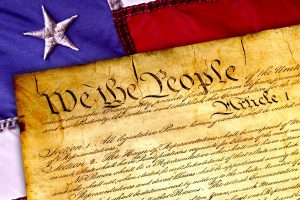There are many negative effects African Americans experience as a result of implicit bias towards them within the criminal justice system. Many of these effects come from discrimination or implicit bias. Some of these effects include:
- Feeling the need to have an “altered public persona” which includes making an extra effort to not drive above the speed limit, avoiding certain (mostly white) neighborhoods (Russell-Brown, 2009, p. 62)
- Using vanity plates with “MD” and “ESQ” to indicate their job status, as many fear being pulled over for “DWB”, which stands for “driving while black” (Russell-Brown, 2009, p. 62)
- Around 1/3 to 1/2 of African American men believe that they have been unfairly treated by police (Russell-Brown, 2009, p. 67)
- Doing things such as whistling classical music to counteract the “black = weapon” implicit bias (Banaji & Greenwald, 2013, p. 106).
- Other effects include sentence disparities, impacts of the War on Drugs, and victims of police excessive force.
Why These Effects Are Wrong
The above effects that African Americans face are wrong for several reasons. Primarily, they are wrong because of the consequences (consequentialist) and unnecessary burden these stereotypes place on African Americans. Furthermore, discrimination is always wrong (deontic) in the United States. Not only is this culturally accepted, but numerous laws in the United States prevent discrimination, most notably in the Fourteenth Amendment, which clearly states that “all persons born or naturalized in the United States” shall not be denied “the equal protection of the laws”, thus implying that discrimination is wrong (U.S. Const. amend XIV). This amendment, which has led to many other laws to promote equality, indicates American’s belief that discrimination is morally wrong. Therefore, any discriminatory act is wrong as the act itself is always morally wrong. However, Americans also believe discrimination is wrong because it violates the notion of “equal protection” or equality, thus discrimination is also wrong from a universalist standpoint, as it is wrong to treat others differently, as evidenced by the Fourteenth Amendment.
